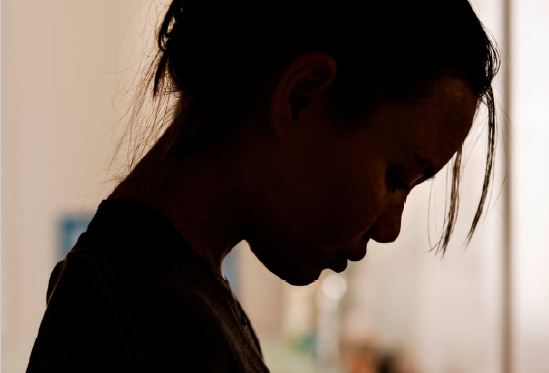Law Commission recommendations to protect victims of intimate image abuse to be implemented
 The Law Commission was asked by the Ministry of Justice to undertake a review of the laws around intimate image abuse in 2019, following calls to make it easier to prosecute those who take or share sexual, nude or other intimate images of people without their consent.
The Law Commission was asked by the Ministry of Justice to undertake a review of the laws around intimate image abuse in 2019, following calls to make it easier to prosecute those who take or share sexual, nude or other intimate images of people without their consent.
In July 2022, the Commission published its final recommendations for reforming the law. This included a new framework of offences designed to address all forms of intimate image abuse, including criminalising “downblousing” and sharing pornographic “deepfakes” and “nudified” images without consent.
The Government has today confirmed its intention to implement the Law Commission’s recommendations. In the immediate term, it will put forward an amendment to the Online Safety Bill, which would criminalise the sharing of a person’s intimate images without their consent.
This is designed to combat the proliferation of deepfakes, and to widen the law to include those who share intimate images without consent for sexual gratification, or “for a laugh”, causing significant harm to victims.
The Government has announced that it then intends to implement a comprehensive package of measures covering additional Law Commission recommendations (see below). This includes offences relating to the taking of intimate images without consent, including the abusive act of downblousing, and protective measures for victims, including automatic anonymity.
Commenting on the intimate image abuse reforms, Professor Penney Lewis, Commissioner for Criminal Law at the Law Commission, said:
“Taking or sharing intimate images of a person without their consent can inflict lasting damage.
“We are pleased that the Government has committed to take forward our recommendations to strengthen the law. A new set of offences will capture a wider range of abusive behaviours, ensuring that more perpetrators of these deeply harmful acts face prosecution.”
The Law Commission’s recommended legal framework governing intimate image abuse, set out in July 2022
The Commission’s recommended reforms would bring in a “base” offence for intimate image abuse, supplemented by three additional offences for more serious conduct and a further offence for installing equipment:
A new base offence: It would be an offence for someone to intentionally take or share an intimate image of a person if they do not consent and the perpetrator does not reasonably believe that they consent.
This base offence would apply regardless of the perpetrator’s motivation. Current intimate image offences are restricted to one or two narrow motivations: to cause humiliation, alarm or distress to the victim or to obtain sexual gratification. This would be widened to include all motivations, such as sharing intimate images for financial gain, social status or as a joke, or where there is no motivation at all. This offence could lead to a maximum sentence of six months’ imprisonment.
Three additional offences for more serious conduct: where the perpetrator has taken or shared an intimate image without consent with the motivation either to obtain sexual gratification, or to cause humiliation, alarm or distress, or where the perpetrator has threatened to share an intimate image. These offences could lead to a sentence of two to three years’ imprisonment.
An offence for installing equipment: It would be an offence to install equipment, such as a hidden camera, in order to take an intimate image of a person without their consent.
Under the Commission’s recommendations, all victims of the new offences would be automatically eligible for lifetime anonymity. Currently, only victims of voyeurism and upskirting are automatically eligible for anonymity. All victims would also be eligible for special measures to support them giving evidence in a trial – for example, by giving evidence behind a screen, by video link or through pre-recorded evidence.
For further information visit the project page.
